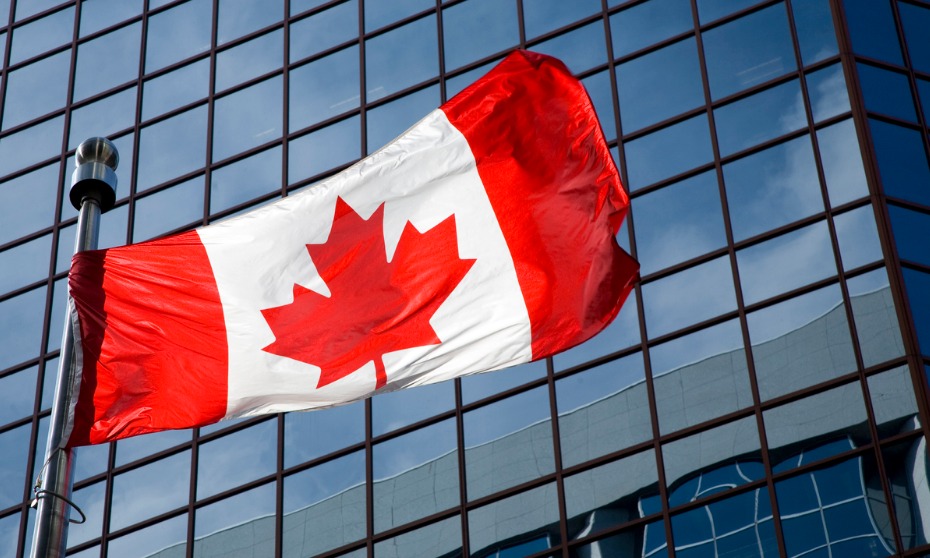International tensions and domestic debt pose significant dangers to Canada, central bank official warns

Various global factors are swirling in a perilous cauldron that might introduce severe weaknesses to the nation’s financial system, according to Bank of Canada senior deputy governor Carolyn Wilkins.
Earlier this week, Wilkins cited the cross-Pacific trade war, the economic ripples of Brexit, the prolonged demonstrations in Hong Kong, and the simmering tensions in the Middle East as the areas of greatest risk.
Wilkins emphasized that Canada has sufficient buffer against the worst effects of these global dangers, especially considering the moderation of housing market imbalances recently.
However, she also said that internal pressures such as high household debt levels are still hazardous in their own right.
“We also see that mortgage credit growth and home housing prices have started to pick up again,” Wilkins told The Canadian Press. “The market has been boosted by a drop in mortgage rates. And the share of new mortgages going to highly indebted borrowers has started to creep up.”
“With storm clouds gathering, we can't let our guard down,” she added. “This is even more important given that high global leverage would amplify any global downturn, especially if it became a recession.”
More nations have become vulnerable in recent years, as global debt has exceeded the levels seen prior to the Great Recession.
“It also means that an economic downturn could be deeper than usual and fraught with financial stresses,” Wilkins explained.
The statements came in the wake of the central bank’s decision to keep the key interest rate target flat last month.
“Our policy interest rate may be relatively low now, but at 1.75% we still have room to manoeuvre. And, we have other options in our tool kit, such as extraordinary forward guidance and large-scale asset purchases,” Wilkins stated.



